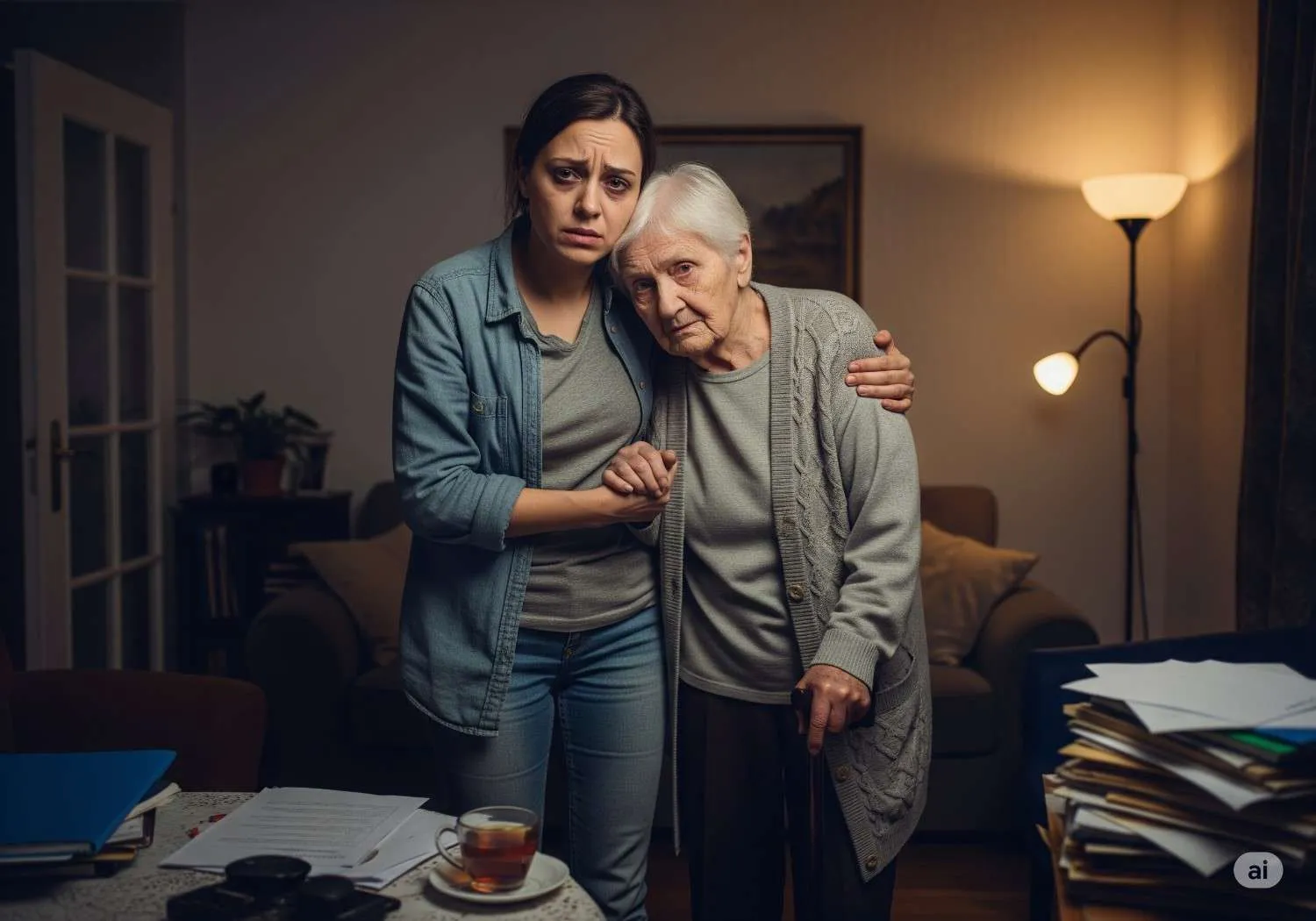Depression and anxiety are leading causes of disability worldwide, and they are also two of the most common psychiatric conditions faced by seniors. Old people wrestle with numerous challenges that are linked to physical and psychological changes that occur at this life stage. The World Health Organization (WHO) estimates that global depressive disorder among older adults ranges between 10% and 20%. The Anxiety and Depression Association of America, meanwhile, notes that between 14% and 17% of people aged 65 and older have a diagnosis of anxiety. If you have an older family member, and you wish to support their mental health and well-being, there are multiple factors that you can embrace.
Physical Activity
Numerous studies have shown the link between physical activity and mental health. One study involving 267,000 people found that higher levels of exercise were linked to a lower likelihood of depression. Another study came to similar findings for anxiety. One 2021 study that looked into the effect of aerobic exercise on older adults’ mental health found that there is a link between this type of activity and better overall mental health in older adults. Of course, older people can also benefit from other exercises such as strength training, yoga and chair yoga, Pilates and wall Pilates, and many more modalities that benefit the mind and the body. Encourage your loved one to try activities like mindfulness meditation, which is a powerful natural stress buster.
Social Interaction
Having a good social life is linked to numerous health benefits, including a lower risk of depression and a longer lifespan. One study published in The Journals of Gerontology found that older adults who interacted with people beyond their usual circle of family and friends were more likely to have more positive moods, fewer negative feelings, and higher levels of physical activity. If your loved one has mobility issues, consider physiotherapy and occupational therapy sessions, which can help them hone their motor skills, as well as their balance and flexibility. Some organizations offering respite services offer these therapies at home or in dedicated centers, where your loved one can meet other people and take part in group activities. You can also help your friends or family members stay in touch with loved ones living at a distance by helping them master social media and other technologies.
Optimal Nutrition
A balanced diet is vital for maintaining good health. Studies have shown, for instance, that having low levels of some healthful gut bacteria is linked to depression. Ensure your loved one hones their mind-gut connection by feeding them a fiber-rich Mediterranean Diet. The latter is made up of lean proteins, seasonal fruits and vegetables, legumes, nuts, and healthy Omega-3 fats.
If you wish to improve the mental health of an older loved one, make sure they stay active and consume healthy foods. Give them opportunities to interact with friends, both nearby and at a distance. Consider incorporating physical therapies into their routine, to boost their mobility, flexibility, strength, and balance. Doing so may also help them interact with other people of various ages.
Reviewed by







